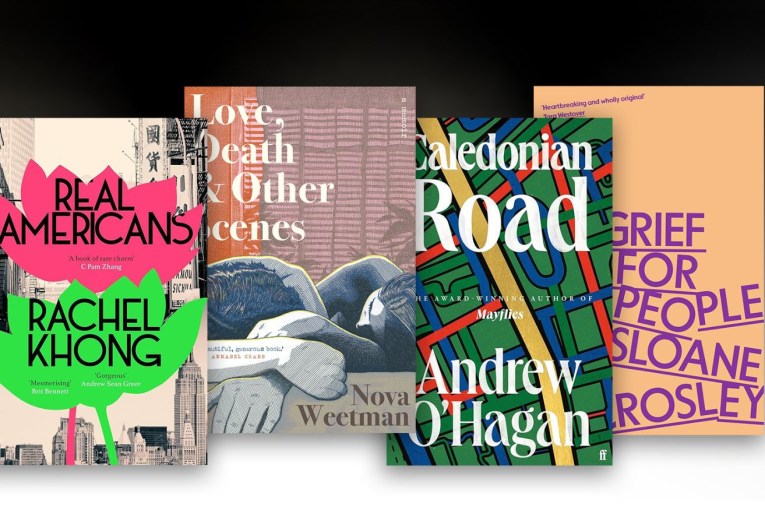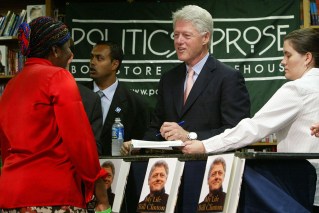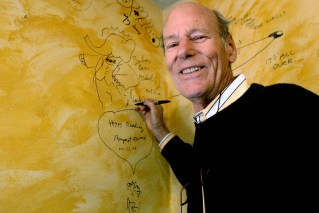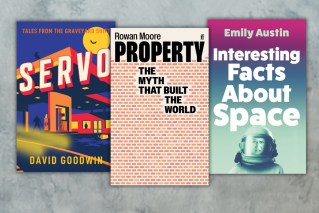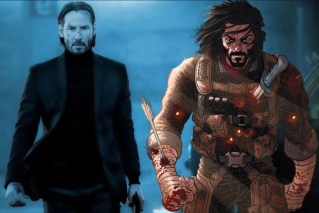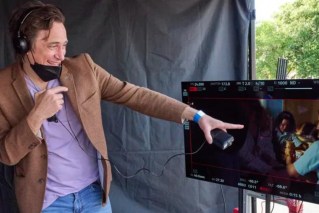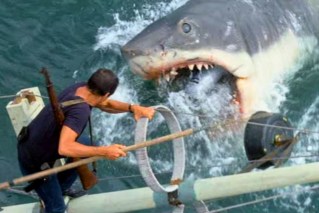Kamala Khan: Marvel’s newest hero
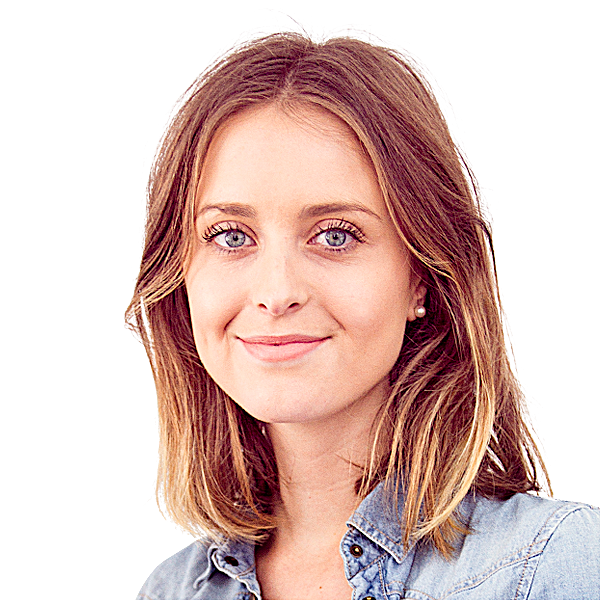
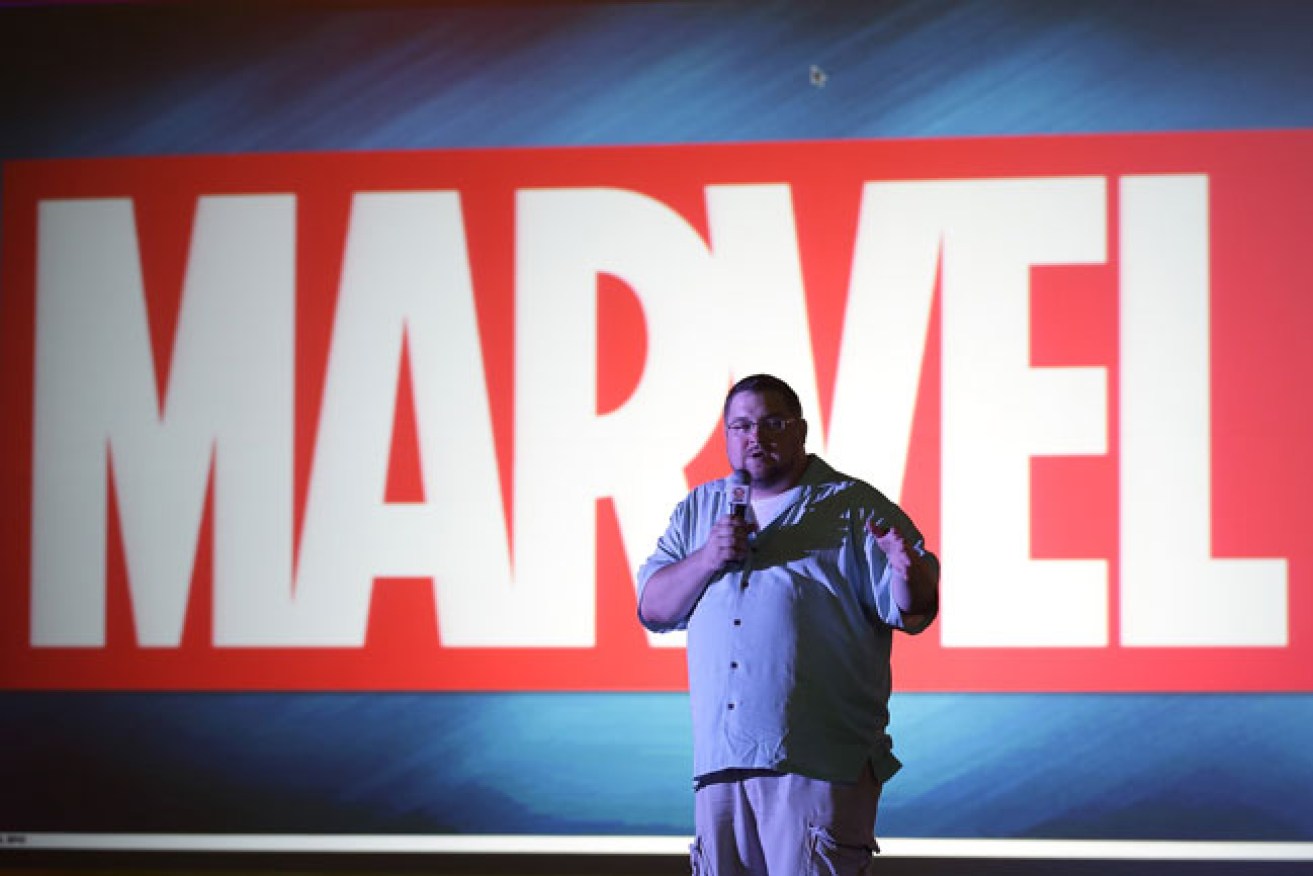
It’s a bird! It’s a plane! It’s Captain Diversity!
Comics might be rich with cliches about superheroes who wear tights and have unlikely superpowers, and their readers are usually portrayed as spotty-faced youths. But Marvel is doing something about it.
The legendary comic book company, home to Spiderman, the X-men and the Hulk, made waves last week when it announced a new Ms Marvel character will debut in January next year. Their next heroine, Marvel declared, would be named Kamala Khan. Kamala would be a 16 year-old Pakistani girl. She would also be a Muslim.

A preview of the new Ms Marvel. Photo: Marvel
If that sounds familiar, there’s a reason. Kamala is reminiscent of Malala Yousafzai, another 16 year-old Pakistani girl making headlines for her brave defiance of Taliban rule and her outspoken support for female education. Clearly Marvel took note of Yousafzai’s rise to prominence across the globe, recognizing the need to provide more realistic, diverse role models for comic book fans.
Growing up in the US, Kamala Khan will be an amalgamation of cultures and an attempt at creating a well-rounded aspirational figure. The concept was borne out of a discussion between Marvel editors Steve Wacker and Sana Amanat about Amanat’s own coming-of-age experiences as a Muslim-American. With Islamic author G. Willow Wilson aboard as the series writer, this storyline surely has a good shot at success, both commercially and culturally.
“As much as Islam is a part of Kamala’s identity, this book isn’t preaching about religion or the Islamic faith in particular,” says Amanat. “It’s about what happens when you struggle with the labels imposed on you, and how that forms your sense of self.”
But how well will this new character bridge the gaping hole of realistic representation in comics? According to Stephanie Bright from Melbourne’s Minotaur Comics, it’s a big move for an industry that has thus far been taking commendable, but restrained, baby steps towards diversity.
“I think it is a groundbreaking step especially for mainstream comics,” Bright says. “Marvel has been trying to make these steps, through some openly gay characters who get married, but this is the first time we have seen a really young girl, a Pakistani and a Muslim in one character.”
According to Bright, Marvel have previously addressed the topic of gay marriage with a wedding for male character Northstar and his boyfriend in Astonishing X-Men Volume 51. They have also attempted to improve the depiction of women in comic books by promoting the former Ms Marvel to the title of Captain Marvel and “giving her a costume that isn’t a swimsuit,” Bright laughs.

Kamala Khan’s family. Photo: Marvel
Marvel’s rival, DC Comics, has been decidedly less progressive in their thinking. After building up to a marriage between openly gay character Batwoman and her partner, DC Comics altered the storyline, explaining that it wasn’t personal; they just didn’t believe any of their characters should get married. To many, it smacked of anti-gay sentiments. When the film version of DC’s Green Lantern comics was cast, white actor Ryan Reynolds was selected to play the lead, despite the option of representing another popular version of the hero, John Stewart, an African American.
Comics podcaster and reviewer John Retallick from The Comic Spot argues that the fact that the creation of a female, Muslim character is newsworthy demonstrates just how far the industry still has to come.
“The big hitters, the bankable stars all tend to be male and white,” he says, citing DC Comics Justice League characters like Batman (white, male, billionaire), Superman (white, male) and Wonderwoman (white, female and with some questionable sexual undertones).
Coincidentally, the writers behind these characters also tend to be male and white. According to associate media professor Jason Bainbridge from Swinburne University of Technology, the biggest breakthrough to come from the introduction of Kamala Khan is that the author creating her is a Muslim female. Ms Bright concurs that the comic’s writer Wilson “has a very unique voice” to bring to the industry, one that could potentially alter the way female characters are written from now on.

C.B. Cebulski , Senior Vice President Marvel Studios/Disney. Photo: Getty
Aside from her gender, the emphasis on Kamala’s Islamic faith differentiates her from Marvel and DC’s previous attempts at representing religion. There is great potential for success given that, according to Professor Bainbridge, “for a long time, the best-selling titles were the X-Men titles because they represented minority groups.”
Characters like X-Men’s Dust, a burqa-clad Muslim woman from Afghanistan with the ability to turn into sand, broach the topic of religious diversity without fully bringing it to the forefront. Retallick says it is important to note that in past comics, “minority has been about flavouring the mix rather than changing the mix.”
Whether Kamala Khan has the potential to permanently change the current, deeply entrenched mix of comic books remains to be seen. The business itself arguably faces far greater challenges than character development. It is an industry in decline, supplying content for some of the biggest films of the last five years, but failing to follow them up with substantial sales figures.
“Superhero comics are a pond to stir things up, try things and to market test for the wider market,” Retallick says. “They’re not the end game anymore and haven’t been for a long time.”
While vocal minorities “scream for diversity,” says Professor Bainbridge, they fail to follow it up by financially supporting titles with female leads.
The pressure for young Kamala Khan to succeed is vast, given that she bears the weight of a number of different groups on her shoulders: teenagers, the working class, the Muslim faith, women.

Kamala Khan. Photo: Marvel
“How much corporate goodness is one character expected to carry?” Retallick asks. “She’s weighed down with all of this to excuse the 90 per cent of comic book characters which are legacy characters, created in the ’50s and reflecting that time period.”
Marvel is aware this will be no easy feat.
“I do expect some negativity,” Amanat told The New York Times, “not only from people who are anti-Muslim, but people who are Muslim and might want the character portrayed in a particular light.”
But author Wilson is positive.
“Readers!” she said on Marvel’s official website, “Let me put your minds at ease: this is new and good. We have put a ton of energy and hilarity and pathos into this project. The last thing I wanted to do was write some grim manifesto about a Muslim girl in America. To me, the first rule of Write Club is make it fun to read.”
Hopefully, she is able to do that and then some.
